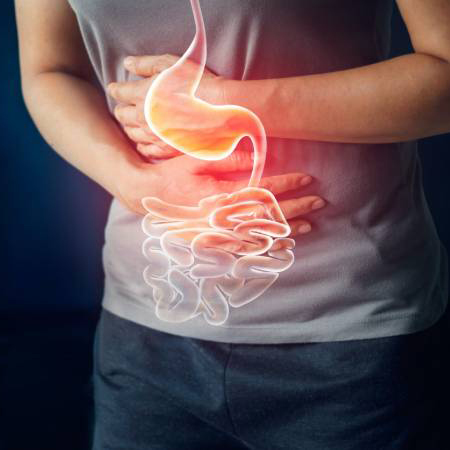Research Updates

Saffron – Health Benefits Horizon
Recently, approximately 150 volatile and nonvolatile compounds have been detected from the chemical analysis of saffron. However, fewer than 50 constituents have been identified so far as the phytochemicals of this plant. The major constituents of saffron are crocin, picrocrocin, and safranal. It has been used as a natural medicine for thousands of years. Packed with a range of antioxidants like crocetin, safranal, and crocin, saffron may help protect the body from harmful free radicals that has potential to cause a number of ailments and diseases. It has potent analgesic, sedative, expectorant, antidepressant, antispasmodic properties, it is an aphrodisiac, digestive, and carminative. People use saffron most commonly for depression, anxiety, Alzheimer disease, menstrual cramps (dysmenorrhea), and premenstrual syndrome (PMS).
Special focus on cardiovascular effects
Proof of recent in vitro and in vivo studies indicates that saffron may have cardio-protective effects through modulation of oxidative stress, calcium channel-blocking effects, hypotensive and hypolipidemic properties. Biomedicine & Pharmacotherapy, Volume 109, January 2019, Pages 21-27 In a clinical study kermani et al. reported significant reductions in the levels of total cholesterol and triglyceride after the 6-week crocin administration in patients with metabolic syndrome regarding baseline value


Special focus on Antidepressant effect
One of the top five most predominant diseases worldwide is depression. Depression can affect the quality of life of someone because of the facts that it can cause a headache, difficulty in thinking, and loss of interest. One of the most established findings regarding the benefits of saffron is its antidepressant activity. There are clinical trials conducted, evaluating the efficacy of saffron in mild-to-moderate depression. The studies reported that saffron was more effective than placebo and at least equivalent to the therapeutic doses of imipramine and fluoxetine. J Pharm Bioallied Sci. 2018 Oct-Dec; 10(4): 173–180. Hausenblas et al. stated that, similar to antidepressants, saffron may exert its antidepressant effect by modulating the levels of certain chemicals in the brain, including serotonin (a mood-elevating neurotransmitter).
Special focus on Digestive diseases
Several studies have shown effectiveness of saffron components in various digestive inflammatory disorders, as well as digestive cancer prevention and treatment. With its anti-oxidant properties, saffron has the potential to act as a preventive agent of gastric mucosa damage through enriching glutathione levels and reducing lipid peroxidation. Inoue et al. reported that saffron can inhibit ulcers that are induced by stress and histamines. Further studies proved , Saffron influence on microbiome, molecular pathways, and inflammation in gastric, colon, liver cancers, and associated inflammations.
